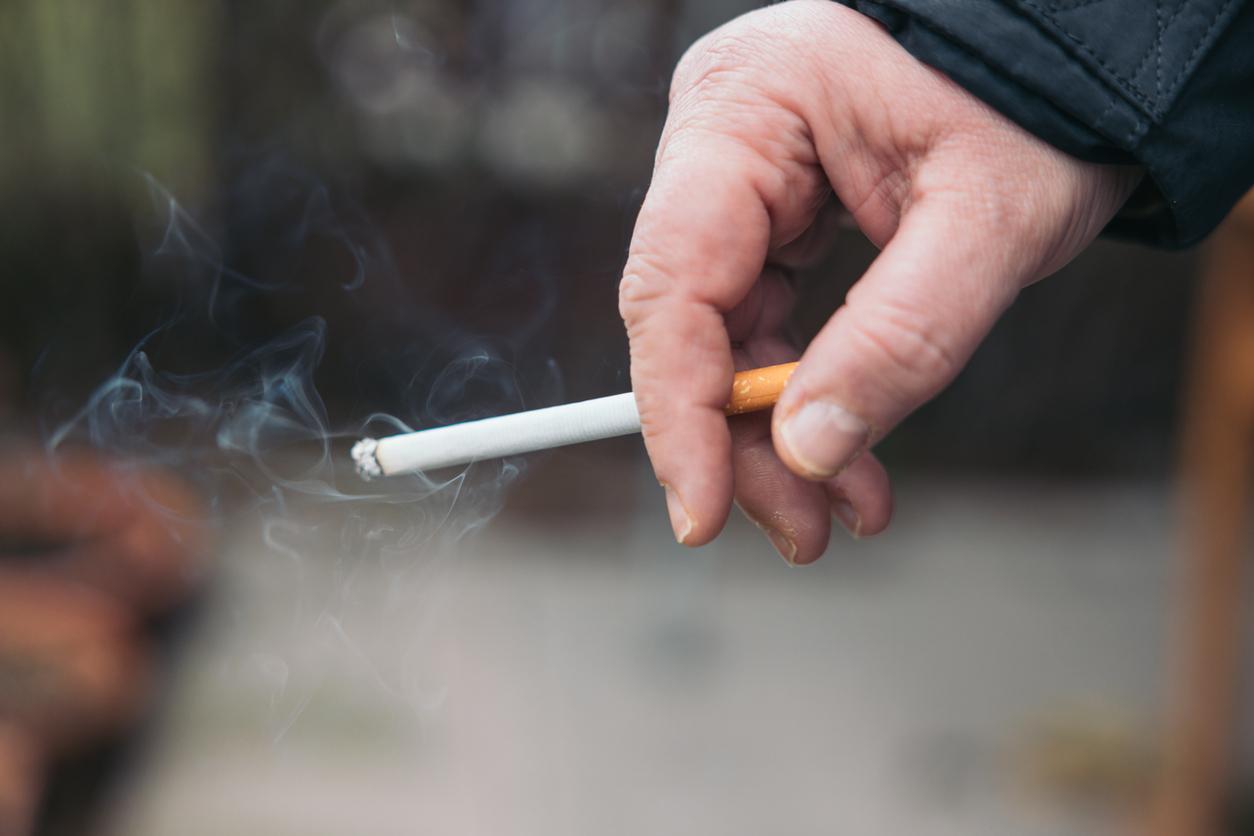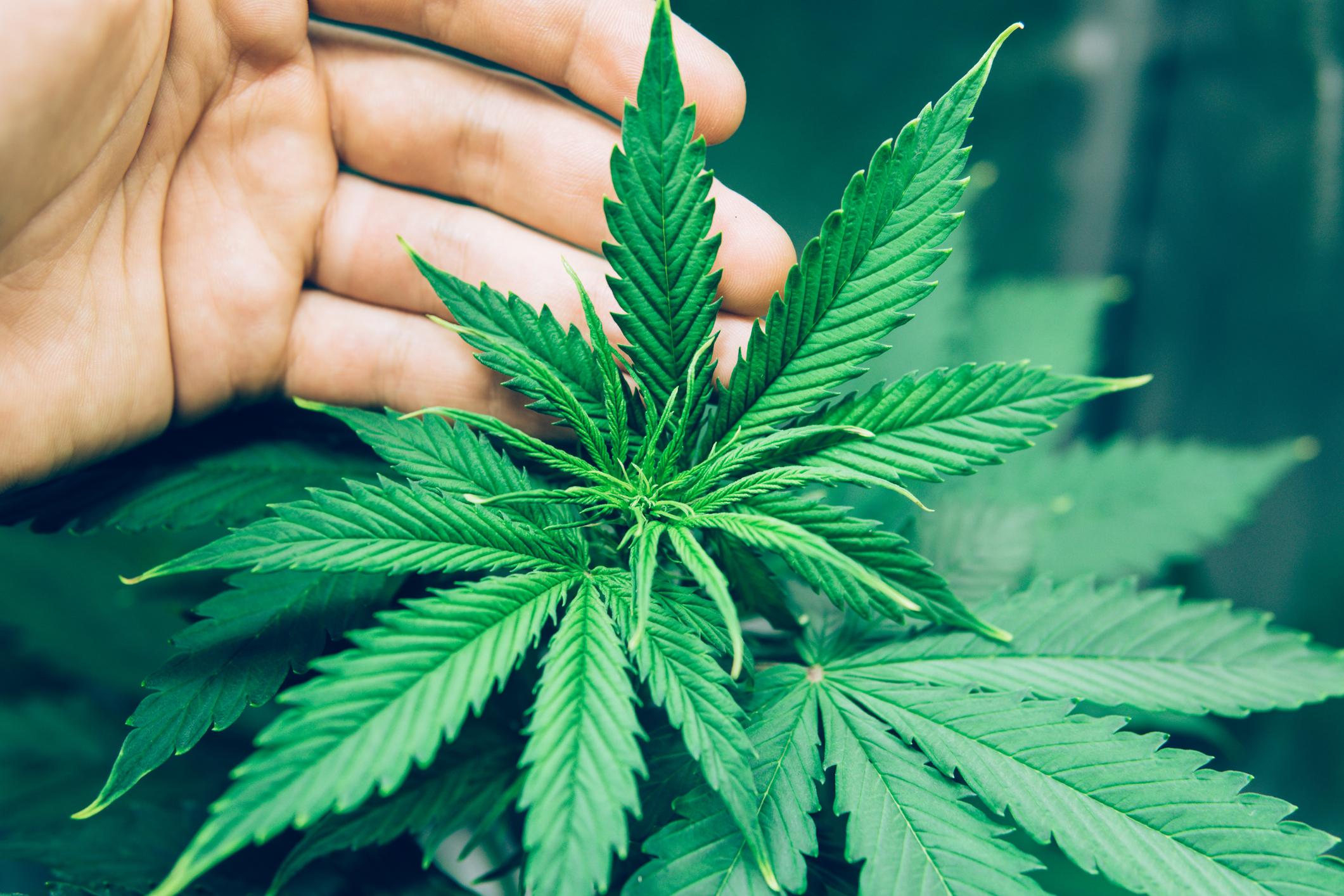Sixty years after its inclusion in the Single Convention on Narcotic Drugs, cannabis has seen its classification changed by the United Nations because of its medicinal properties. This paves the way for its wider use in medicines.
-1607338226.jpg)
- Cannabis is no longer considered by the UN to be a drug without medical effect.
- Thanks to the recommendations of the WHO, cannabis is removed from Annex IV after 60 years.
- Cannabis and its derivatives can now be used in medicines because their therapeutic and medical virtues are proven.
It will have taken some time before starting a backpedal. Sixty years to be precise. On December 2, 2020, the United Nations Commission on Narcotic Drugs reclassified cannabis and its resin based on its medical utility. This international organization, responsible for listing substances considered to be drugs, has recognized the therapeutic potential of this plant.
Considered a drug since 1961
In 1961, at the time of writing this list, the United Nations Commission on Narcotic Drugs listed cannabis, its resin and its derivatives in annex IV, same title as coca, from which cocaine is derived, and the poppy from which opium and heroin are derived. This inclusion in Annex IV, the one reserved for the most addictive substances and whose medical interest is almost nil, sealed the fate of cannabis.
The list of substances considered by the United Nations (UN) as narcotics is very important because it constitutes the legal point on which all international drug legislation is based. Thus, once listed in this schedule, the possession, consumption, trade, distribution, import, manufacture and production of these drugs becomes illegal.
Here’s how the 53 member states in the Commission on Narcotic Drugs voted on the WHO recommendation to remove cannabis from Schedule IV of the 1961 single convention – finally acknowledging its medicinal and therapeutic utility
excluding tax @jfernandezochoa @IDPCAsia pic.twitter.com/26lTMSpFdX
—TransformDrugPolicy (@TransformDrugs) December 2, 2020
A WHO recommendation
If at first glance, this decision seems to reflect an evolution of societies on the way they look at cannabis, like the growing number of countries having decriminalized its consumption, it is much more medical than societal.
In all, 27 countries, including France, voted in favor of changing the status of cannabis, and 25 voted against its removal from Annex IV. All of them are motivating their change of positioning on cannabis because of a recommendation from the World Health Organization (WHO). Last year, the WHO, one of the branches of the United Nations, considered that it was necessary to review the position of cannabis, in particular in its use to treat painful diseases such as multiple sclerosis or sickle cell disease for example.
This reclassification from Annex IV to Annex I, a less restrictive category, will make it easier for pharmaceutical industries to use the muscle relaxant properties of cannabis in their preparation. Cannabis can therefore be derived to make drugs, like morphine, without this being disapproved by the UN.
.















